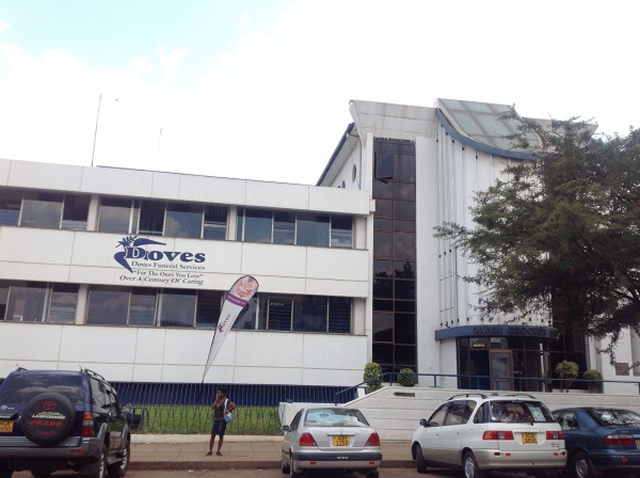Plastic money transactions up by $55 million

Livingstone Marufu
Card based transactions increased by $55 million to $506,14 million in April 2017 from $451 million recorded in March 2017.
The increase comes at a time when monetary authorities are increasingly pushing for the promotion of cashless payment systems and the general scarcity of cash in the economy. Confederation of Zimbabwe Retailers president, Mr Denford Mutashu believes that over 80 percent of the retailers have adopted to use plastic money.
“Indeed almost all registered retailers around towns and cities are using POS machines except for those in the rural areas where there are network and power supply issues. “Instead those have embraced mobile money we have seen a tremendous rise in transactions attributed to plastic and mobile money.
“CZR is now focused on carrying out plastic and mobile money campaigns to non-members and general public. “More should be done to embrace the informal traders but the problem to do with POS machines needs a close attention also to encourage those who are yet to use them. “The use of cash sometimes can be attributed to network disruptions on various POS machines,” said Mr Mutashu.
He said all known banks are now using POS machines in many retail shops and there is the realisation that electronic money is the new normal. In the monthly review of April RBZ said, “Card based transactions also increased from $451 million recorded in March 2017 to $506,14 million in April 2017.
“While mobile and internet based transactions closed the month of April 2017 at $1,13 billion, up from $1,07 billion in March 2017. “The value of cheque transactions declined by 35,3 percent, to close the month of April 2017 at $4,77 million. “RTGS transactions volumes also registered a 12 percent decrease from 414 167 in March 2017 to 363 743 during the period under review.
“The increase in the usage of plastic money is testimony of the efforts by banks to promote electronic payments to make it easier and cheaper for the banking public to use cards.” During the month under review, the total value of transactions processed through the National Payment System (NPS) stood at $6 954,94 million in April 2017, down from $7 011,38 million in March 2017.
ZimSwitch could not give the specific statistics about the bank which topped in electronic transactions. “We can testify to you that most retailers have adopted plastic money, however, within that range card based transactions still top the volumes of transactions as consumers carry out huge transact ions than when using mobile money.
“Generally there has been a rise in card transactions as many people have opened accounts to transact. “In the future we anticipate a surge in mobile transactions as many banks are now linking their account to mobile payment platforms.”
FBC has recently linked the account to Ecocash, a move which is expected to reduce pressure on the bank. The total volume of NPS transactions, however, increased by 15percent, from 50 729 474 in the previous month to 58 962 241 during the month under review.
Over the year to April 2017, broad money grew by 22,67 percent to $6,11 billion from $4,98 billion recorded in April 2016. The growth was largely driven by an increase of 31,22 percent in transferable deposits. On a month on month basis, broad money grew by 4,03 percent from $5,87 billion in March 2017.
The expansion of money supply, in part, reflects injection of new money into the banking system through tobacco sales for which $206,4 million worth of tobacco had been sold by end of April 2017. Zimbabwe has a cash culture, therefore, giving pressure to its physical presence in the market. This can be attributed to many informalised business in town which do not use cash.
Cash transactions increased by 45,1percent, from $316,64 million in March 2017 to $459,61 million during the month of April 2017. In order to make both electronic transactions and plastic money more attractive, the central bank has since directed banks to slash bank charges.
Since June, electronic funds transfers now attract charges of between 0,33c and $2,10. Fees for real time gross settlement (RTGS) transactions have been capped at $5. POS transactions of up to $10 now attract a charge of 0,10c; while those above that threshold attracts a fee of 0,45c.
POS own-bank customer has a maximum charge of 20c; while POS issuer charges have been removed.
Maximum fees for making withdrawals at automated teller machines are pegged at $2,50; while merchant service commission attracts a fee which ranges from zero to a maximum of 1 percent for local transactions.










Comments